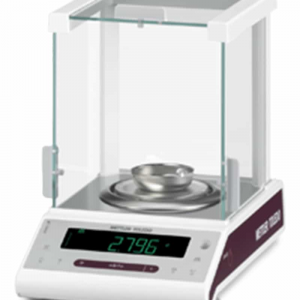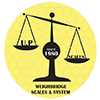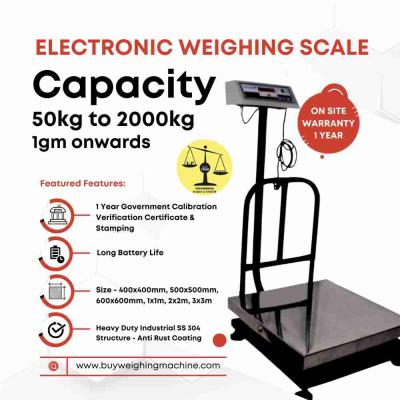Analytical Weighing Scale

An analytical weighing scale is a specialized type of scale that is used to measure extremely small amounts of weight with a high degree of accuracy and precision. These scales are commonly used in laboratory and research settings, such as in chemistry, physics, and biology labs, as well as in the pharmaceutical and food industries.
One of the key features of analytical weighing scales is their high resolution and sensitivity. These scales can measure weight to within a fraction of a milligram, making them ideal for use in applications where extremely small amounts of materials need to be weighed. This is particularly important in industries such as pharmaceuticals and food processing, where precise measurements are critical for quality control.
Another important feature of analytical weighing scales is their precision. These scales are designed to provide highly accurate measurements, often to within a fraction of a milligram or microgram. This makes them ideal for use in laboratory and research settings, where precise measurements are critical for accurate results.
In addition to their high resolution and precision, analytical weighing scales are also known for their ease of use. Many models feature simple controls and user-friendly interfaces, making them accessible to a wide range of users. This can be especially important in laboratory settings, where multiple people may be responsible for using the scale.
When it comes to choosing an analytical weighing scale, there are several factors to consider. One of the most important things to consider is the resolution and sensitivity of the scale. This will determine the smallest weight that the scale can measure, and it's important to choose a scale that can accommodate the smallest samples that you will be weighing.
Another important factor to consider is the scale's design and construction. It's important to choose a scale that is built to withstand the harsh conditions of the laboratory environment and can handle rough usage. For example, if you are going to use the scale in a wet or dusty environment, it's essential to choose a scale that is waterproof and dustproof.
Another important factor to consider is the scale's connectivity options. Many modern analytical scales are equipped with wireless connectivity options such as Bluetooth or WiFi, which allows for seamless data transfer and integration with other systems. This feature can be essential in a laboratory setting where data needs to be collected and analyzed in real-time.
It's also important to consider the scale's stability, which is a measure of how well the scale maintains its accuracy over time. A scale that is not stable will drift over time, and its readings will become increasingly inaccurate. Look for scales that have a built-in stability indicator, which will provide you with an indication of how stable the scale is.
Lastly, it's important to choose a scale that is easy to maintain and repair. Analytical scales are often used in laboratory settings and need to be maintained and repaired by a team of experts. It's essential to choose a scale that is easy to disassemble and reassemble, and one that has readily available replacement parts.
In conclusion, an analytical weighing scale is an essential tool in many laboratory and research settings. Its high resolution, precision, and ease of use make it an ideal choice for measuring small amounts of weight with a high degree of accuracy. With the right choice, regular maintenance and proper usage, it can provide many years of reliable service.






 Weighing Scale
Weighing Scale
